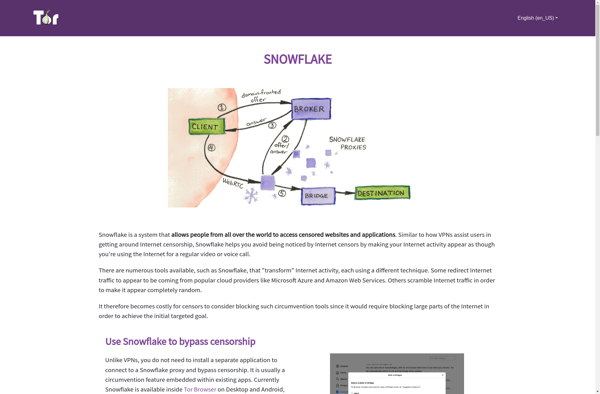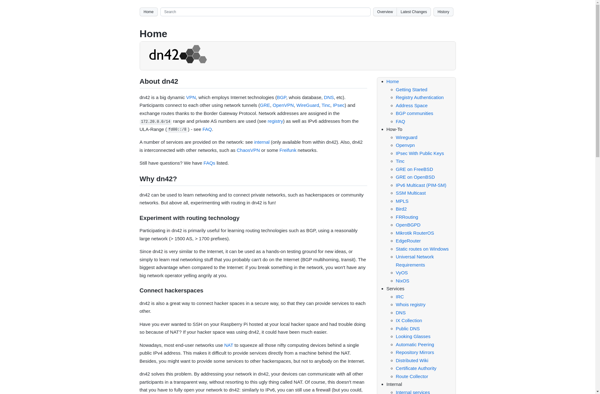Cjdns

cjdns: Open-Source Encrypted Mesh Networking Protocol & Software
A free, open-source encrypted mesh networking protocol and software that enables distributed peer-to-peer applications on an overlay network.
What is Cjdns?
cjdns is an open-source encrypted mesh networking protocol and software that allows distributed peer-to-peer applications to run on an overlay network rather than relying on conventional Internet addressing systems. The goal of cjdns is to build a decentralized alternative to the existing internet routing and infrastructure by replacing IP addresses with public keys as identifiers.
Some key features of cjdns include automatic network configuration, end-to-end encryption between endpoints, lack of a central authority or bottleneck, fault-tolerance, and efficient routing algorithms. It aims to improve security, scalability and performance compared to traditional networking. cjdns establishes direct peer-to-peer connections rather than routing traffic through centralized infrastructure, removes single points of failure, and allows software to autonomously control network routing.
cjdns implements several innovative techniques at the link layer, network layer, and transport layer to improve efficiency. The routing system is based on distributed hash tables, public-key cryptography, and other mechanisms to allow nodes to efficiently find network paths while maintaining anonymity. Data packets are authenticated end-to-end between endpoints to prevent tampering. Overall, cjdns provides a flexible platform for building censorship-resistant and decentralized applications.
Cjdns Features
Features
- Decentralized network architecture
- End-to-end encrypted routes
- Distributed public-key infrastructure
- Low latency routing algorithms
- Support for IPv6 networking
Pricing
- Open Source
Pros
Cons
Official Links
Reviews & Ratings
Login to ReviewThe Best Cjdns Alternatives
Top Network & Admin and Mesh Networking and other similar apps like Cjdns
Here are some alternatives to Cjdns:
Suggest an alternative ❐Freenet

I2P

FreePN
Yggdrasil

OnionCat
I2pd (I2P Daemon)

Bitmask

GNUnet

Snowflake Tor

The Serval Project

Ninux

NameCoin

ECnet
Telehash

Dn42

OLSR (Optimized Link State Routing)

Qaul

Phex

Netsukuku

Osiris SPS

SMesh
FireTweet
